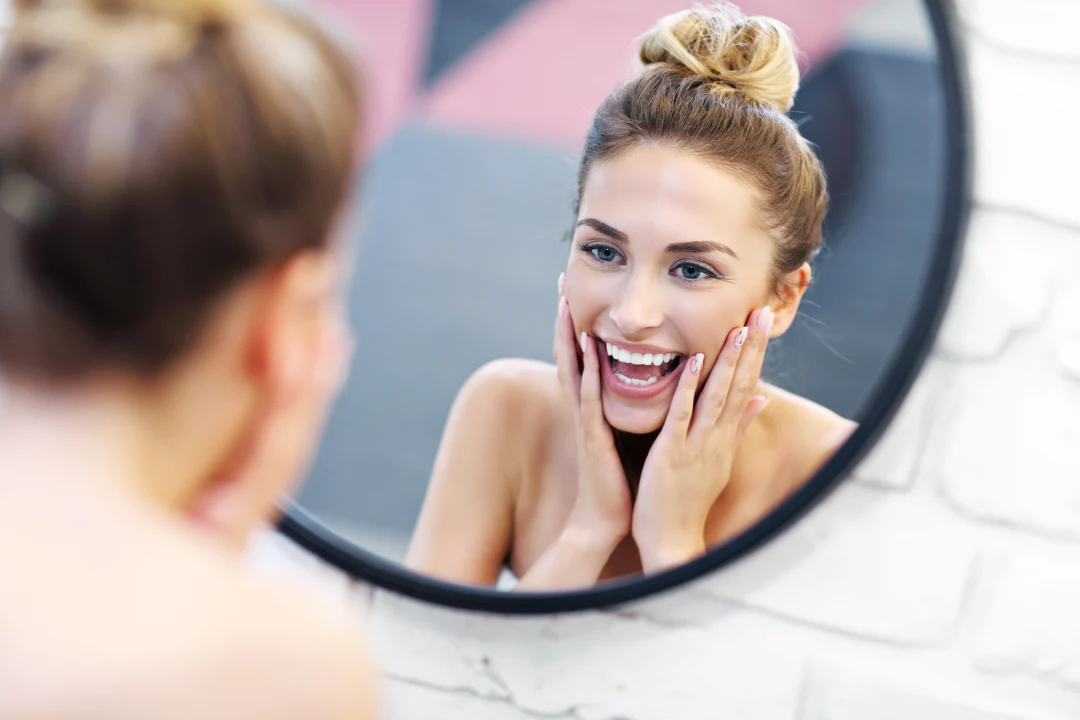
Can You use Peptides and Retinol Together?
Yes some skincare ingredients go together as well as strawberries and cream, some on the other hand are an acquired taste and need a little more thought behind their application. Now the question is, can you use peptides and retinol together? Is this the skincare duo your routine has been missing out on? Or will it all end in irritation? Let’s find out more together!
What is Retinol?
Retinol is a form of vitamin A and has gained a reputation as a highly effective skincare ingredient that delivers plenty of skincare benefits. It can increase the speed at which your skin cells turn over meaning it is able to keep your complexion looking brighter and younger. You’ll also find it is able to combat any breakouts, be it frequent acne or occasional blemishes. Not to mention the increase of cell turnover can also result in a marked improvement on any signs of hyperpigmentation and dark spots giving you an all-over even skin tone.
What are Peptides?
Peptides are amino acids that make up short chains in the lower layers of the skin. These ingredients are known for their bilingual ability and are cell communicating. This basically means they can tell the skin cells to boost the production of collagen. By doing this you will find that the skin barrier becomes stronger ensuring it is able to protect itself from free radical damage. The skin will also appear noticeably plumped, smoother and full of youthful bounce.
Can you mix retinol and peptides?
Yes, you can! In fact, you’ll find that teaming these ingredients together will result in an all over improvement. To get the best out of both powerhouses it is best to apply them both during your evening routine. This is because of the fact retinol is a photosensitive ingredient and when exposed to UV rays can be rendered useless. You’ll also find that peptides contain antioxidant properties making them effective at keeping the skin barrier strong and able to combat signs of free radicals, such as pollution, UVA and UVB rays as well as other environmental aggressors.
There is nothing stopping you from using these skin heroes together, but if you feel as though you’d prefer to apply each separately, start with peptides in your morning routine followed with retinol in the evening.
What goes on first peptides or retinol?
When using these powerhouse ingredients, it is best to start with retinol first. This will allow the potent active levels of retinol to get to work increasing the speed of cell turnover and revealing brighter, healthy skin. With this also comes the risk of irritation, dryness and redness which can be easily calmed once you have applied a nourishing moisturiser that’s enriched in peptides.
Although for many skin types the introduction of peptides and retinol together will be highly beneficial. If you are prone to dryness and sensitivity however it is best to start introducing both ingredients slowly into your routine. Much like all skincare ingredients I would also suggest consulting with a doctor or dermatologist for the peace of mind that you are using the best options for your skin’s needs.
What cannot be used with peptides?
There are very few skincare ingredients that cannot be used with peptides. For the most effective routine once you have introduced peptides is to opt for formulas, such as serums and moisturisers as this allows the peptides to remain on the face for prolonged amount of time. You can also alternate which other ingredients you decide to team together, be it vitamin C, niacinamide, hyaluronic acid, retinol, AHAs and many more.
The way peptides work on the skin by penetrating the outer layer of the skin and reaching into the deeper areas of the skin very easily. This results in them being a handy ingredient to include in your routine and combining them with other highly effective product formulations.
Are peptides or retinol better?
With each of these ingredients providing unique skin benefits whilst working on different areas of the skin there is nothing stopping you from using both these together. Indeed, they are a perfect match and work together at improving the overall look and feel of the skin. As I have already mentioned, if your skin type is not overly sensitive or prone to becoming severely dry, then you will reap the rewards of this potent skin duo.
If you are wanting to know more about peptides and retinol whilst trying to figure out which is better for you to introduce into your routine, check out our dedicated blog post.
When should I use peptides?
The best way of using peptides in your routine is applying a serum onto freshly cleansed skin before any moisturisation. By opting for a serum that contains active levels of peptides you will ensure the skin reaps the rewards without any side effectives of potential dryness and irritation. When following this with a moisturiser remember to be mindful of any potential active levels of aggravating ingredients and increase in skin irritation.
What is peptide good for?
There are a few reasons why peptides are good for the skin, here are some of the main benefits you can expect to see when using peptides in your daily routine.
Improved Skin Barrier
The protective skin barrier plays a vital role in maintaining the health of the skin. Whilst it contains the correct levels of water and oil it can protect itself from harmful exposure to free radicals. These occur from everyday aggressors, such as pollution, cigarette smoke, ultraviolet rays, bacteria, and other impurities. All of which weaken the skin barrier leading to signs of ageing, such as fine lines and wrinkles, loss of elasticity and dark spots with uneven skin tone.
Reduces Signs of Ageing
Thanks to peptides cell communicating abilities they can tell skin cells to boost the production of collagen in the lower layers of the skin. With the collagen and elastin the skin receiving a helping hand from peptides building blocks of protein, the complexion is left looking firmer, younger and smoother.
Antioxidant Benefits
Peptides are loaded with antioxidants all of which help ease inflammation, even out the skin tone, repair damaged skin whilst protecting it from any further damage.
There you have it, some answers to a few questions we have seen lately of whether you can use peptides and retinol together. If you have any further questions, come and follow us on Instagram.


